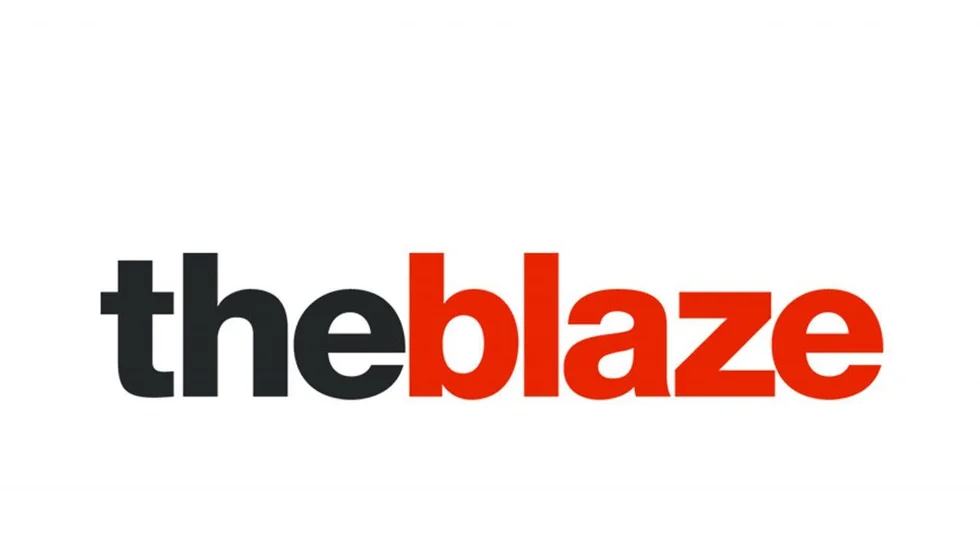
Image source: TheBlaze

San Diego State University is offering a class to educate its student body on the proper way to verbally address "microaggressions" in order to "reduce and attempt to eliminate the racist, classist, sexist, heterosexist, ableist, and privileged attitudes on our campus."
In order to accomplish this, the class — "Foundations of Cultural Competency in a Changing World" — will teach students "specific vocabulary" in order to effectively communicate with the diverse campus student body.
Red Alert Topics obtained an email from Dr. Tanis Starck, the university's director of intercultural relations and cross cultural center, to all new students, which described the course to those matriculating.
According to the university, the course will teach students to "interact positively, effectively, and sensitively" within the campus as well as "global society."
The course description reads:
Culture, cultural diversity and multiculturalism constitute some of the most significant social issues in America today. Oriented around the core concept of culture and cultural groups, this course is designed to introduce the participant to the basic concepts of culture and cultural diversity, and develop an awareness and appreciation for the full range of diversity.
The course aims include:
A "microaggression" is effectively low level, sometimes passive-aggressive, treatments of a marginalized or specifically targeted group of people.
The term was coined in 1970 by Harvard University professor Chester M. Pierce.
For a broader example, author Derald Wing Sue defines microaggressions as "constant and continuing reality of slights, insults, invalidations and indignities visited upon marginalized groups by well-intentioned, moral and decent family members, friends, neighbors, coworkers, students, teachers, clerks, waiters and waitresses, employers, health care professionals and educators."
According to Stanford University professor Rush Starkman, it's a microaggression to tell others that your college workload is easy, because "you wouldn’t say to your dearest buddy or sibling who was visibly struggling, ‘Oh, it was easy.’ Nor would you dare suggest to anyone important to you: ‘Really, you don’t know this?’"
Joan Chrisler, a Connecticut College psychology professor, said that doctors who admonish their patients over their weight is also a "microaggression," because it could turn the patient off from seeking medical treatment.
Chrisler said, "Implicit attitudes might be experienced by patients as microaggressions — for example, a provider’s apparent reluctance to touch a fat patient, or a headshake, wince or ‘tsk’ while noting the patient’s weight in the chart. Microaggressions are stressful over time and can contribute to the felt experience of stigmatization."
Prestigious New York City school, The New School, said that "monuments, artwork, or portraiture in public spaces that are predominantly (often exclusively) white cisgender men and women" are also microaggressions. The New School has an entire guide on how to avoid making — or being the victim of — microaggressions.